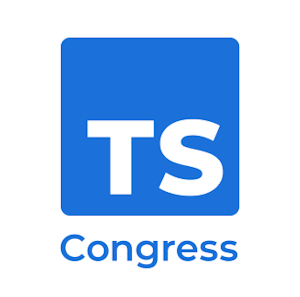131 min
Practice TypeScript Techniques Building React Server Components App
Workshop
In this hands-on workshop, Maurice will personally guide you through a series of exercises designed to empower you with a deep understanding of React Server Components and the power of TypeScript. Discover how to optimize your applications, improve performance, and unlock new possibilities.
During the workshop, you will:
- Maximize code maintainability and scalability with advanced TypeScript practices
- Unleash the performance benefits of React Server Components, surpassing traditional approaches
- Turbocharge your TypeScript with the power of Mapped Types
- Make your TypeScript types more secure with Opaque Types
- Explore the power of Template Literal Types when using Mapped Types
Maurice will virtually be by your side, offering comprehensive guidance and answering your questions as you navigate each exercise. By the end of the workshop, you'll have mastered React Server Components, armed with a newfound arsenal of TypeScript knowledge to supercharge your React applications.
Don't miss this opportunity to elevate your React expertise to new heights. Join our workshop and unlock the potential of React Server Components with TypeScript. Your apps will thank you.
During the workshop, you will:
- Maximize code maintainability and scalability with advanced TypeScript practices
- Unleash the performance benefits of React Server Components, surpassing traditional approaches
- Turbocharge your TypeScript with the power of Mapped Types
- Make your TypeScript types more secure with Opaque Types
- Explore the power of Template Literal Types when using Mapped Types
Maurice will virtually be by your side, offering comprehensive guidance and answering your questions as you navigate each exercise. By the end of the workshop, you'll have mastered React Server Components, armed with a newfound arsenal of TypeScript knowledge to supercharge your React applications.
Don't miss this opportunity to elevate your React expertise to new heights. Join our workshop and unlock the potential of React Server Components with TypeScript. Your apps will thank you.





